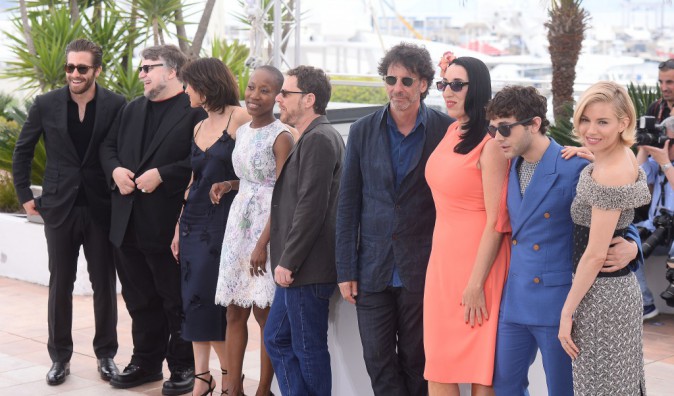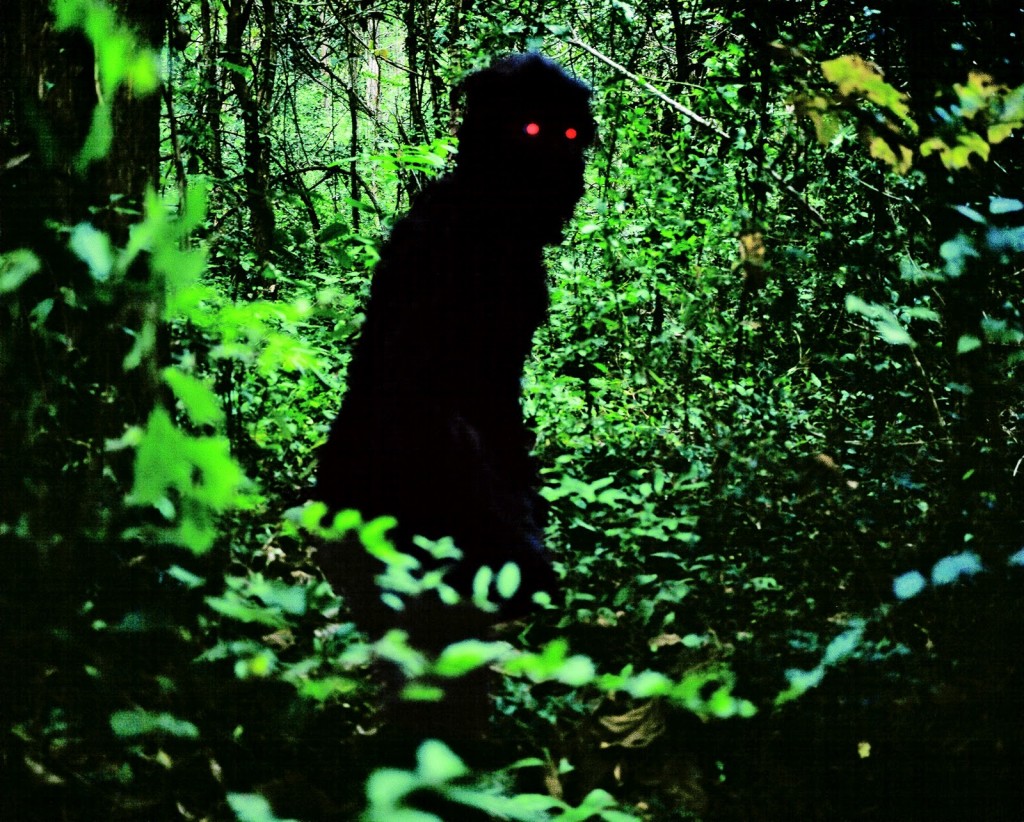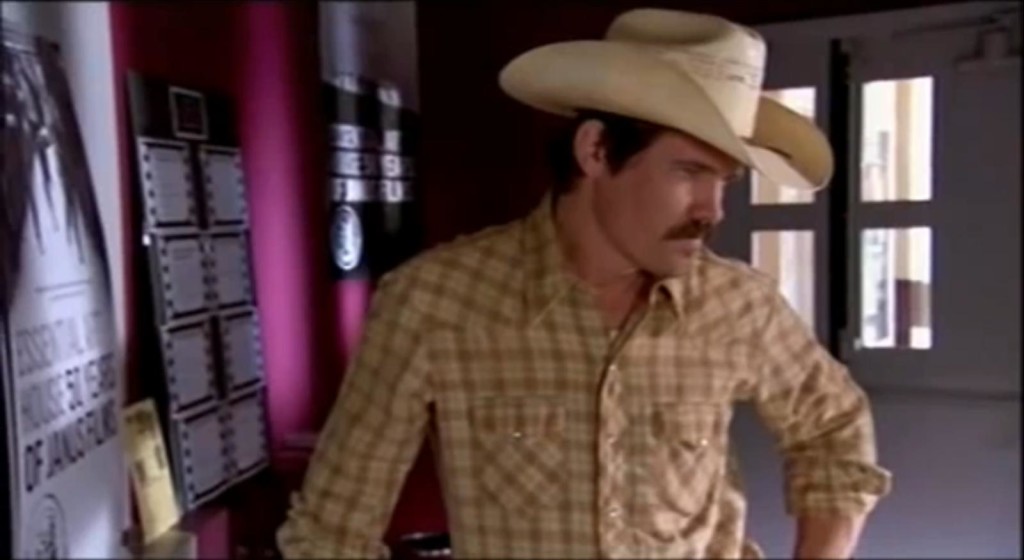Reviews include Civil War, In Flames, and The Greatest Hits.
Jury Road: Joel and Ethan Coen
May 14, 2015
by Adam Nayman
The 68th Cannes Film Festival kicked off this week, and the Official Competition jury is being presided over by Joel and Ethan Coen, marking the first time in the Festival’s nearly seventy-year history that this sacred duty has been split between two individuals. Of course, the Coens are famously joined at the hip, both in their creative endeavors and in the public consciousness; one of the most evocative critical readings of their recent drama Inside Llewyn Davis – which won the Grand Prix at Cannes in 2013 – is that its story of a folk singer floundering in the wake of his musical partner’s suicide was the Coens’ attempt to dramatize their artistic co-dependence.

The Coens are Cannes favorites, having more or less run the table in terms of awards: in 1991, Barton Fink scooped an unprecedented three awards (including the Palme D’or), while Joel – who for years took sole directorial credit for the pair’s work – was honored with prizes for mise-en-scene in 1996 (for Fargo) and 2001 (for The Man Who Wasn’t There). In a way, it’s strange that it’s taken Cannes this long to extend an invitation to Minnesota’s finest, especially since the festival has a legacy of entrusting its prestigious prizes to juries comprised of beloved alumni – which doesn’t always mean that things go according to plan.
Handicapping the annual Cannes awards is a favorite pastime of film critics, who try to make guesses based on the jury members’ – and especially the Presidents’ – supposed aesthetic sensibilities. For instance, in 2013, it was widely speculated that Steven Spielberg would stump for one of the American films in competition, like Alexander Payne’s Nebraska or James Gray’s The Immigrant; instead, Spielberg and his jury rewarded Tunisian director Abdellatif Kechiche’s three hour graphic novel adaptation Blue is the Warmest Color – a film with more screen time devoted to sexual copulation than the E.T. director had allotted over the course of his entire career.
There have surely been occasions where the jury President’s tastes seem to have imposed themselves strongly on the selection process. For example, the Coens were fortunate that Roman Polanski was in charge the year that they happened to mount a movie that felt in large part like an homage to his claustrophobic sixties thrillers; watching John Tuturro as Barton Fink crack up beneath reams of peeling wallpaper, Polanski must have felt like he was receiving a personal shout-out. The triumph of Barton Fink came with its share of controversy: it was the last time that any Competition title was permitted to leave with three prizes (in recent years, the festival has given marching orders to keep things balanced). And then there was the reaction of Palme D’or runner-up Lars Von Trier, who was so slighted at not winning for Europa that he insulted Polanski at the press conference, calling him a “dwarf” (this would not be the great Dane’s last public faux pas at a Cannes press conference).
Sometimes, Cannes jury presidents are celebrated for making what are clearly idiosyncratic choices: it’s arguable that David Cronenberg’s largest contribution to world cinema, even beyond his own films, was the selection of Jean-Pierre and Luc Dardenne’s Rosetta as a surprise Palmaire in 1999, along with acting prizes for the non-professional stars of Bruno Dumont’s l’Humanite. Awarding two unheralded, stylistically extreme films in a year that featured entries by the likes of Pedro Almodovar and David Lynch sent a clear statement, and in addition to launching the careers of the chosen filmmakers – Dumont and the Dardennes have become Cannes mainstays – it arguably helped to shift critical and audience attitudes towards a more demanding sort of art-house cinema at the dawn of the 2000s. And then there was the curious case of Tim Burton, who pushed his colleagues towards Apichatpong Weerasathakul’s beguiling Thai fantasia Uncle Boonmee Who Can Recall His Past Lives in 2010 – a choice that confounded the international press brigade but felt like a blow on behalf of hardcore cinephiles everywhere.

Cannes juries are not without their conflicts of interest. In 2004, Quentin Tarantino presented the Palme d’Or to Michael Moore, who in addition to being a fellow American also shared QT’s distributor Miramax; in 2009, Isabelle Huppert passed over Tarantino’s Inglourious Basterds for Michael Haneke’s The White Ribbon – Haneke having directed Huppert previously in The Piano Teacher and The Time of the Wolf. The Coens wouldn’t seem to have a dog in this year’s race, but what of the fact that juror Jake Gyllenhaal has gone on the record about being best pals with Denis Villeneuve, whose Sicario is one of the more intriguing titles in Competition?
The question of whether the Coens will go down in the annals of Cannes jury Presidents is very much open, but there might be a hint in one of their own films: “World Cinema,” a short film commissioned by Cannes in 2008 for their “To Each His Own Cinema” omnibus. In the film, Josh Brolin, unofficially reprising his role as Llewellyn Moss in No Country For Old Men, stumbles into a dusty rep theatre showing two films – The Rules of the Game and Climates – and, after asking the clerk for his opinion, opts for the latter. He emerges two hours later and tells the next employee how much he enjoyed the film. “I liked that Climates, he drawls. “A lot of truth in it.”

The joke is that a Texan shitkicker could be entranced by a Turkish marital drama, and as usual, the Coens are having it both ways: they’re skewering received notions of taste while still wringing laughs out of the incongruity of the situation. There have been concerns that the Coens’ fondness for Americana might be bad news for the non-Western titles in the Competition, but “World Cinema” suggests that the brothers are attuned to films that lie beyond their own backyard. What I’m wondering is if they’ll muster the spirit to actually attend the awards ceremony, since they couldn’t even be bothered to hang around for it last time.



